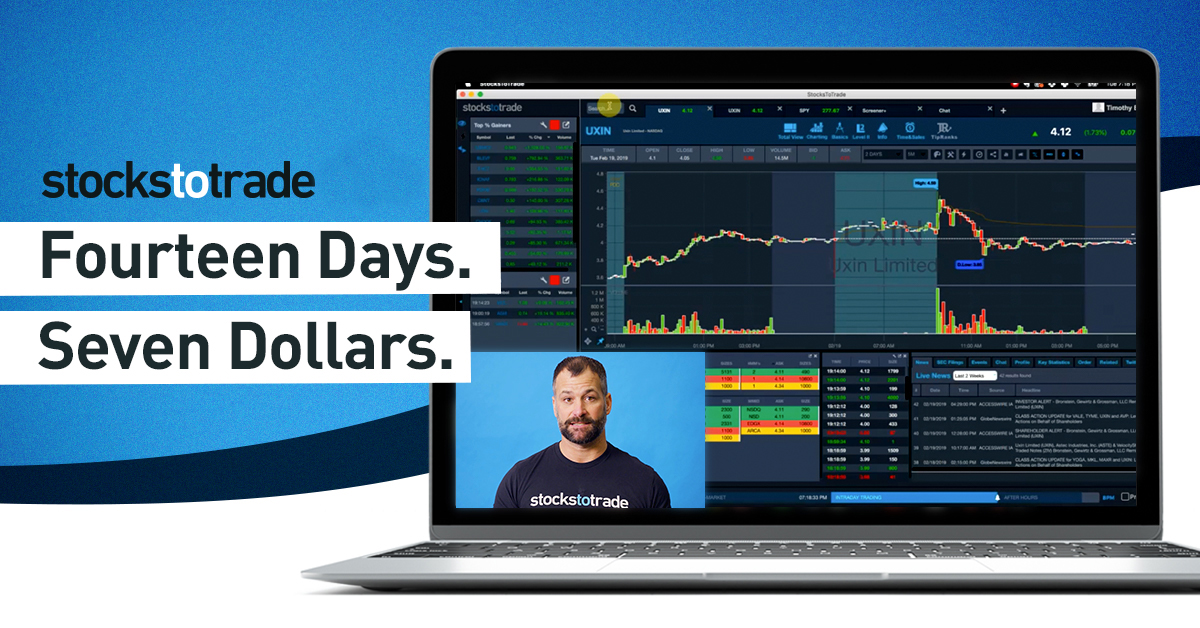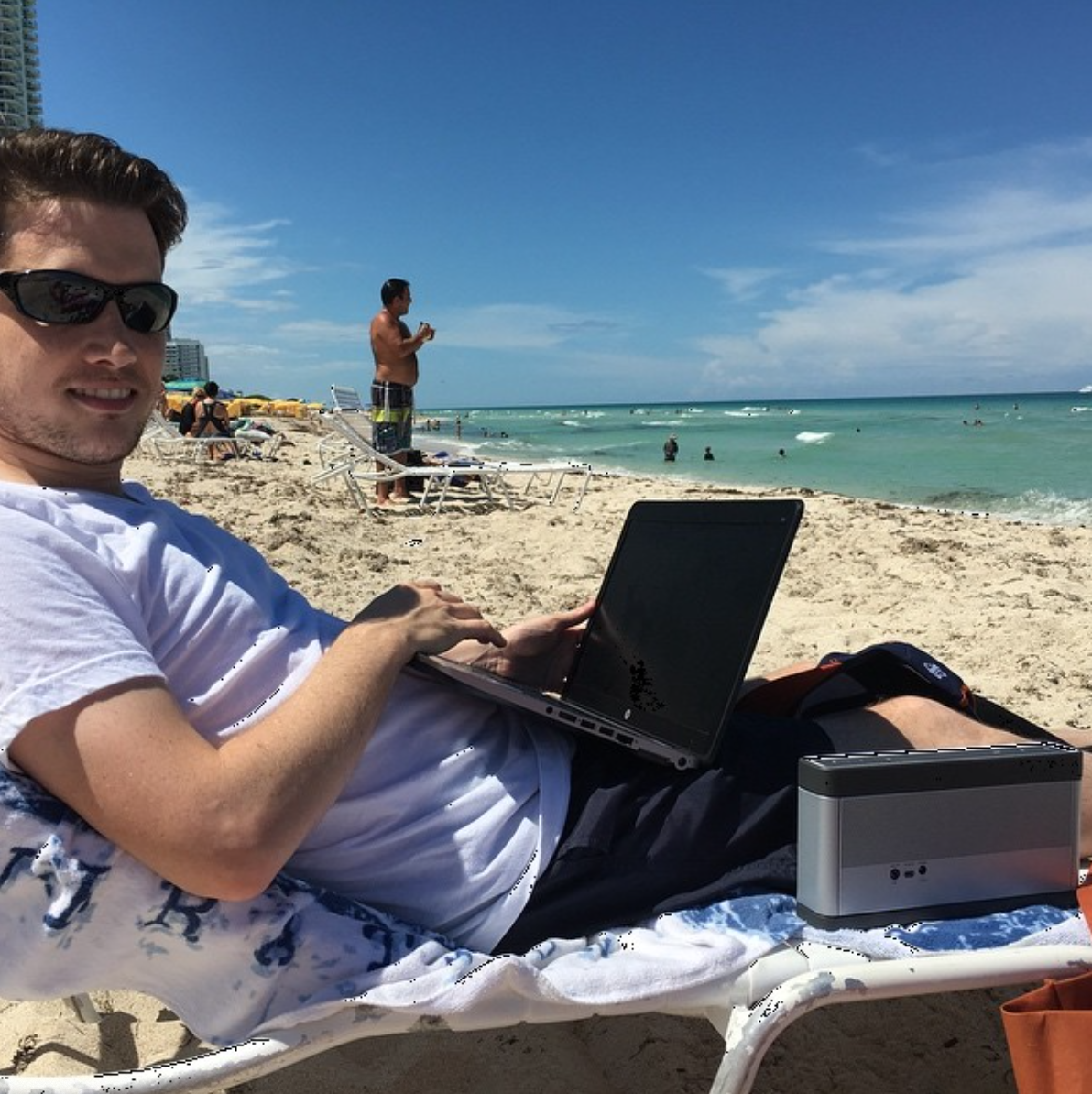I hear from a lot of people talking about how this market volatility is a ‘trader’s dream’ (and that experienced scalpers should be taking advantage of this rollercoaster market).
So you may be wondering … If this is true, why haven’t I been trading more over the past few weeks?
I don’t care what these other traders say … It’s not easy to trade options right now.
If you’re having trouble trading this insane whipsaw market, you’re not alone.
The bottom line: It’s currently more difficult for options traders due to incredibly high implied volatility (IV).
Let’s talk about the role of IV in options trading — and why Evolvers should pay close attention to it…
Why IV Matters
The biggest reason why so many people blow up their accounts when they first start trading options is that they try to trade options the same way they would trade stocks.
Have you ever bought an option, picked the right direction, and still lost money?!
Or…
Have you ever bought an option and were wrong about the direction, but somehow the trade was profitable?!
That’s the weird thing about trading options … Sometimes, you can be right and lose money (or wrong and make money).
A variety of factors influence option pricing beyond the price of the underlying stock.
Great options traders understand this.
[VIDEO] A Rare Live Interview With Two Millionaire Traders...
To trade options, you DON’T NEED:
❌ A big account…
❌ To stare at your computer all day every day…
❌ A stockbroker…
Because there’s a way to trade stocks (from home) without struggling through the unnecessary risk and hassle most newbies go through…
To get started…
Click here to watch a rare interview between these two millionaire stock traders
They approach their trading like a five-star chef prepares a dish. They have a great recipe, but they also measure their ingredients to utter perfection.
If you don’t consider the ingredients, your dish won’t taste very good (and it’ll cost a lot more than it should).
The same goes for the ingredients of an options trade.
In this analogy, your strategy is your recipe … but the ingredients include your understanding of how options are priced.
And one of the most vital ingredients in the mix of how options are priced is IV.
How Does IV Work?
IV is the estimate of a stock’s future volatility. It reads as a percentage figure attached to options contracts.
The IV on contracts could be 20%, 50%, or 500% — all depending on the results of a mathematical formula.
The most common formula used to calculate options prices is known as the Black-Scholes model.
This model combines the option’s market price, the underlying stock price, the strike price, the time to expiration, and the current risk-free interest rate.
And it’s all to determine the overall IV — and the price — of the contracts.
Let’s simplify. In short, this means that both puts and calls are more expensive if the contract’s IV is higher.
On the flip side, if a chart looks like a flat line with few price swings, the IV on those options will be lower.
Where Does IV Come From?
Implied volatility comes from the marketplace with the bid/ask spread.
If there’s a lot of buying of options at a certain strike price, IV will start to increase (making the contracts more expensive).
If there’s a lot of selling of options, IV will start to decrease (making options less expensive).
You can trade both sides, which is a primary reason why markets are fair and efficient.
When market demand goes up, IV goes up, increasing the option’s overall value.
WARNING: External news-driven events (like an upcoming earnings call) can cause massive swings in the IV on short-dated options contracts.
Why Does IV Exist?
The answer lies on the other side of the trade — with the market makers (the people who sell options).
They need incentives to sell swingy contracts that could easily end up deep in the money.
If someone’s going to sell a highly volatile call option, basic market efficiency calls for that person to be paid more premium for the sale than someone selling a call in a low-volatility stock.
The options market functions much like a casino (but that doesn’t mean you should treat it like one).
The market makers are the house. The house will give you better odds on a game with less probability of success.
The house will also happily stiff you with bad odds on a game with a higher probability of success.
The IV attached to options contracts exists to create this same sort of balance of odds in the options market.
Final Thoughts
Because IV is a measurement of human behavior — it’s cyclical and experiences a reliable ebb and flow.
What that means is that IV is always fluctuating, which causes options to increase and decrease in value.
That’s why when you buy or sell options, you need to be aware of and correct about where implied volatility could be going. Otherwise, you could lose money.
So … next time you’re scanning the options market, make sure that IV is a data point you watch closely. It could make the difference between a game-changing win and a demoralizing loss.



